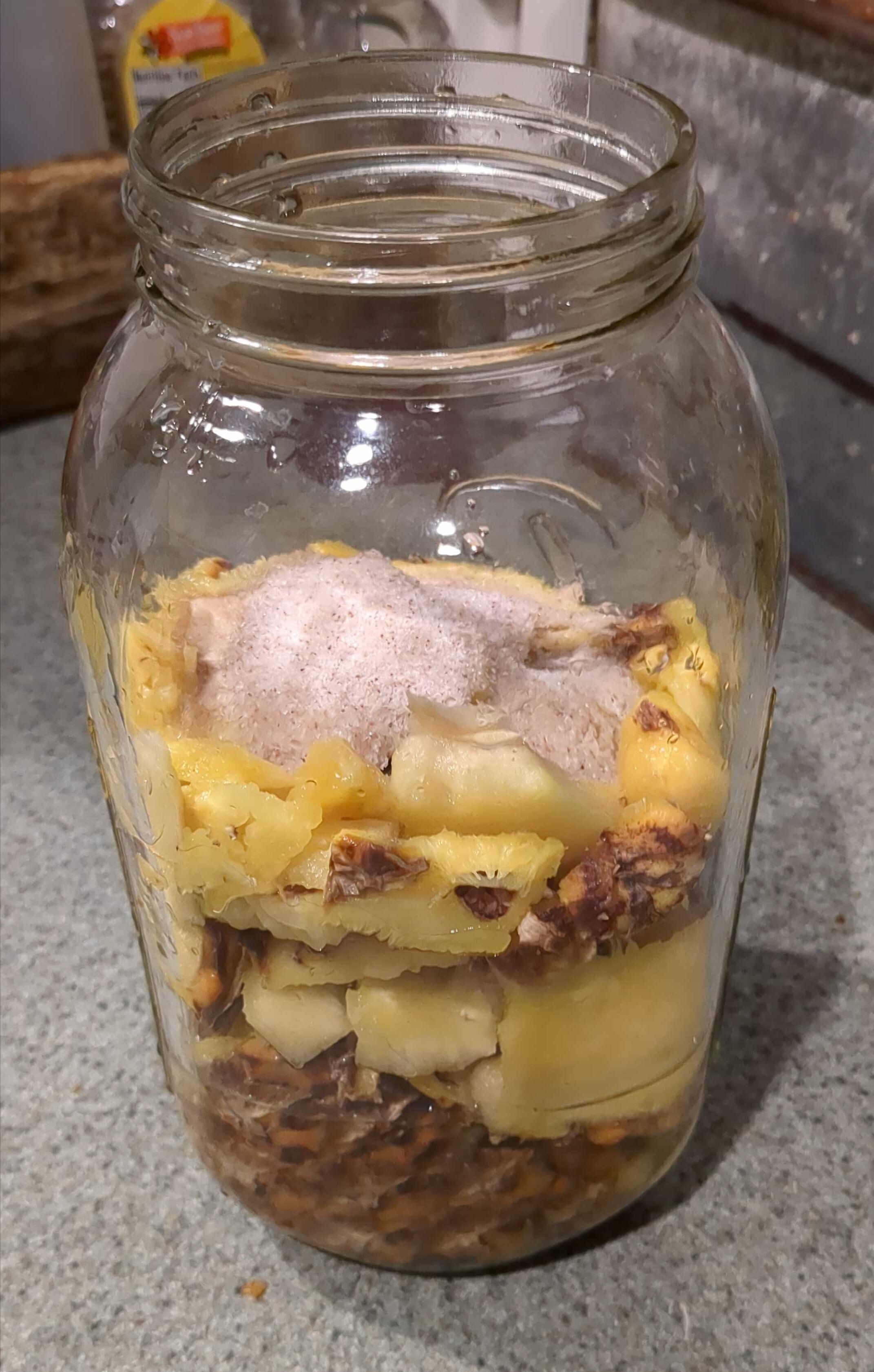this post was submitted on 20 Oct 2024
54 points (98.2% liked)
Homebrewing - Beer, Mead, Wine, Cider
2207 readers
1 users here now
A community dedicated to homebrewing beer, mead, wine, cider and everything in between. If it ferments, bring it over here.
Share recipes, ideas, ask for feedback or just advice.
Some starting points for beginners:
Quick and diry guide to fermenting fruit - cider and wine
founded 1 year ago
MODERATORS
you are viewing a single comment's thread
view the rest of the comments
view the rest of the comments

It makes a killer brew. Something about it is different and super dense in microbe growth. It is one of the only things I've tried that can go off for ages, keep going, and still tastes sweet and like a liquor. It is the best for complex sauces. Once you taste it, you'll recognise the flavor as familiar to candies and things you've never quite known what was creating the flavor. Fermentation changes everything but this one stays closer to the original than most others. I bottled it like 4-5 hours ago, just went to bed, and it is already showing a small bubble stream like a glass of champagne even after a 3% salt brine. The salt didn't even phase what was already there.
The salt definitely phased what was already there, it stopped yeast activity, that's why this ferment remains sweet. If yeast was active it'd eliminate all the sugar quickly.
Fermentation is organic substrate like glucose->other things, anaerobically. You don't get alcohol without sugar being converted to ethanol. The bacteria or yeast doing so can have different byproducts depending on substrate and the fermenting organism(s). Now the more complex sugars present in a fibrous fruit like pineapple does probably result in more sugar left than usual. Additionally pineapple acidity may also reduce the direct fermentation capability. If you do as with grains where you cook and macerate it and/or increase the pH some you'd probably be able to reduce the leftover sugar sweetness more while increasing the alcohol and sour notes.